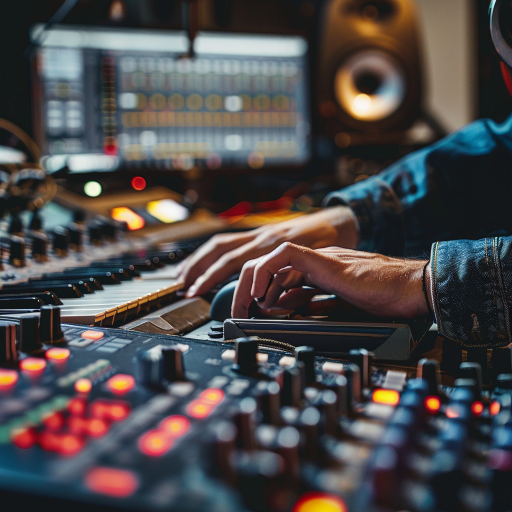In the music industry, “owning your masters” is a phrase often thrown around, but what does it truly mean? For artists, understanding the concept of master ownership is crucial, as it significantly impacts their creative freedom, financial gain, and overall control over their music.
What are Music Masters?
Simply put, music masters are the original sound recordings of a song. These recordings include the final version of a song captured in a studio, encompassing the artist’s performance, instrumentation, mixing, and mastering. They are distinct from the musical composition itself, which falls under copyright protection as an intellectual property.
Why Owning Your Masters Matters:
Owning your masters grants you, the artist, a bundle of rights associated with the recordings, including:
- The right to reproduce: This allows you to decide how and where your music is distributed (e.g., streaming platforms, vinyl pressing).
- The right to distribute: You control where your music is made available for purchase or download.
- The right to create derivative works: This includes authorizing remixes, covers, or other versions of your original recordings.
- The right to receive royalties: You earn a portion of the revenue generated when your music is used, such as through streaming, downloads, or licensing for films or commercials.
Not Owning Your Masters:
When artists sign traditional record deals, they often give up ownership of their masters in exchange for upfront funding, production support, and distribution assistance. While this arrangement can be advantageous for launching a career, it means the record label retains ownership of the masters and controls the aforementioned rights.
Benefits of Owning Your Masters:
- Creative Control: You have the final say over how your music is presented and distributed, ensuring artistic integrity.
- Financial Gain: You reap the majority of the royalties generated by your music, potentially leading to greater long-term financial benefits.
- Long-term Ownership: Masters remain your property, potentially appreciating in value over time and allowing you to pass them on as part of your legacy.
Challenges of Owning Your Masters:
- Financial Investment: Independent artists need to cover recording, manufacturing, and distribution costs themselves, which can be a significant financial hurdle.
- Marketing and Distribution: Establishing distribution channels and promoting your music independently requires additional effort and resources.
- Legal Expertise: Navigating contracts and copyright complexities might necessitate legal counsel, adding to the costs.
The Decision:
Ultimately, the decision of whether or not to own your masters is a personal one that depends on your individual circumstances, career goals, and risk tolerance. Weighing the benefits and challenges carefully, alongside seeking professional guidance, can help you make an informed choice that aligns with your long-term vision as an artist.tunesharemore_vert
